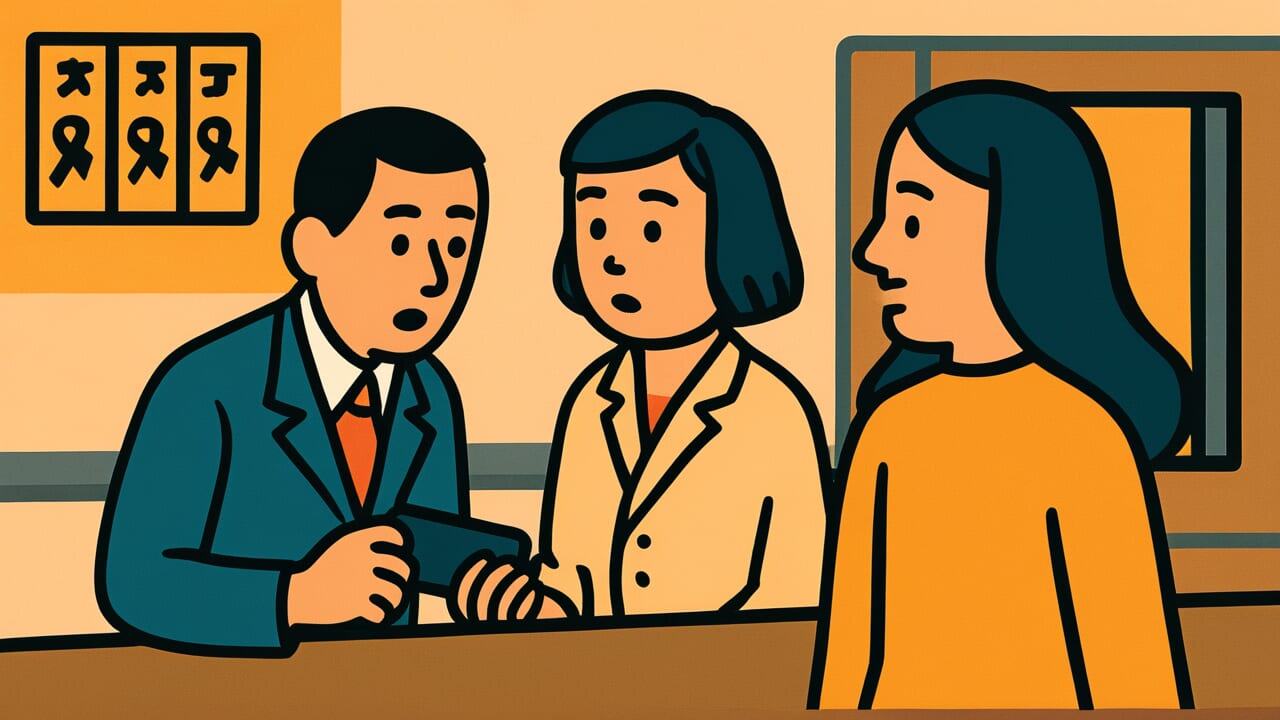How to Read “Another person’s matter is my matter”
Hito no koto wa ware no koto
Meaning of “Another person’s matter is my matter”
“Another person’s matter is my matter” teaches us to take other people’s problems and experiences seriously, as if they were our own. We should respond with compassion and genuine care.
This proverb is used when we see someone in trouble or facing difficulties. It tells us not to be bystanders who keep their distance.
Instead, we should get involved with a sense of personal responsibility. Modern society often emphasizes “personal responsibility,” but this proverb shows us the true nature of human relationships.
The ability to feel another person’s pain as your own is a special human capacity. We can share in someone’s joy and grieve with them in their sadness.
This attitude builds trust and creates a warm society. The proverb tells us we must not remain indifferent to others.
Origin and Etymology
The exact first appearance of this proverb in literature is unclear. However, its structure suggests it comes from Japanese moral values influenced by Buddhism and Confucianism.
The contrast between “another person’s matter” and “my matter” makes us think about the boundary between self and others. Buddhism has a concept called “jita-funi,” which means self and others are fundamentally inseparable.
Confucianism also emphasizes “shu,” the spirit of mutual understanding. This means “do not do to others what you would not want done to yourself.”
Japan has long valued helping each other within communities. In farming villages, there was a system called “yui” where people shared labor during planting and harvest seasons.
Not ignoring a neighbor’s troubles and treating them as your own was essential for community survival.
This proverb expresses the Japanese spirit of mutual aid in simple terms. The wisdom of our ancestors is condensed in these few words.
They understood that empathy—feeling others’ suffering and joy as our own—is the foundation of human relationships.
Usage Examples
- When the neighbor’s house caught fire, I thought “another person’s matter is my matter” and helped fight the flames
- Don’t ignore a coworker’s mistake—think “another person’s matter is my matter” and work together to find a solution
Universal Wisdom
The proverb “another person’s matter is my matter” has been passed down because it touches on something fundamental about human nature. We humans are social creatures who cannot live in isolation.
We cannot be born alone, grow up alone, or survive alone.
Yet humans also tend toward self-centeredness. We have a weakness that makes us prioritize our own interests and look away from others’ suffering.
This contradiction may be the essence of being human.
The proverb acknowledges this human weakness, yet still urges us to “think of others’ matters as your own.” This is not just idealism—it was also a survival strategy.
If you help someone in trouble today, someone will help you when you’re in trouble tomorrow. Without this spirit of mutual aid, humanity could not have survived.
What’s interesting is that the proverb doesn’t say “help others.” Instead, it says “think of it as your own matter.”
It asks about our mindset before our actions. Our ancestors understood that the ability to imagine and empathize with others’ pain is what makes us truly human.
When AI Hears This
In the 1990s, an Italian research team studying monkey brains made a surprising discovery. Brain cells that activated when a monkey grabbed a peanut also fired when the monkey just watched another monkey grab a peanut.
This was the discovery of mirror neurons. The brain doesn’t distinguish between “seeing” and “doing.”
In humans, this system is even more developed. When someone makes a pained expression, the observer’s brain activates the same areas that process pain.
fMRI brain imaging experiments show that just watching footage of someone being pricked with a needle activates the same brain regions as being pricked yourself. This isn’t mere imagination—the brain processes others’ experiences as its own at the neural level.
Interestingly, the strength of this mirror system varies between individuals. People with high empathy show more active mirror neuron activity.
Conversely, some people on the autism spectrum show weaker activity. This means the degree to which we feel “another person’s matter is my matter” is partly determined by brain wiring.
This proverb captures a biological program built into our brains as we evolved social abilities. The capacity to feel others’ pain as our own was the fundamental mechanism that evolved humanity into a cooperative species.
Lessons for Today
This proverb teaches us the value of connection. Even if we’re connected to thousands of people on social media, we may not have many relationships where we truly treat “another person’s matter as my matter.”
What matters is the sensitivity to notice small changes in people around us. A coworker who seems less energetic than usual, a neighbor with a troubled expression, someone seeking help but unable to voice it.
Noticing such people and having the courage to ask “Are you okay?”—that’s the way of life this proverb shows us.
However, you don’t need to carry everyone’s problems. The key is to care for others within your capacity while taking care of yourself.
Balance is what matters. You don’t need to be a perfect saint. You just don’t want to be indifferent.
Maintaining that feeling is the first step toward creating a warm society. Your small act of kindness might change someone’s life.



Comments